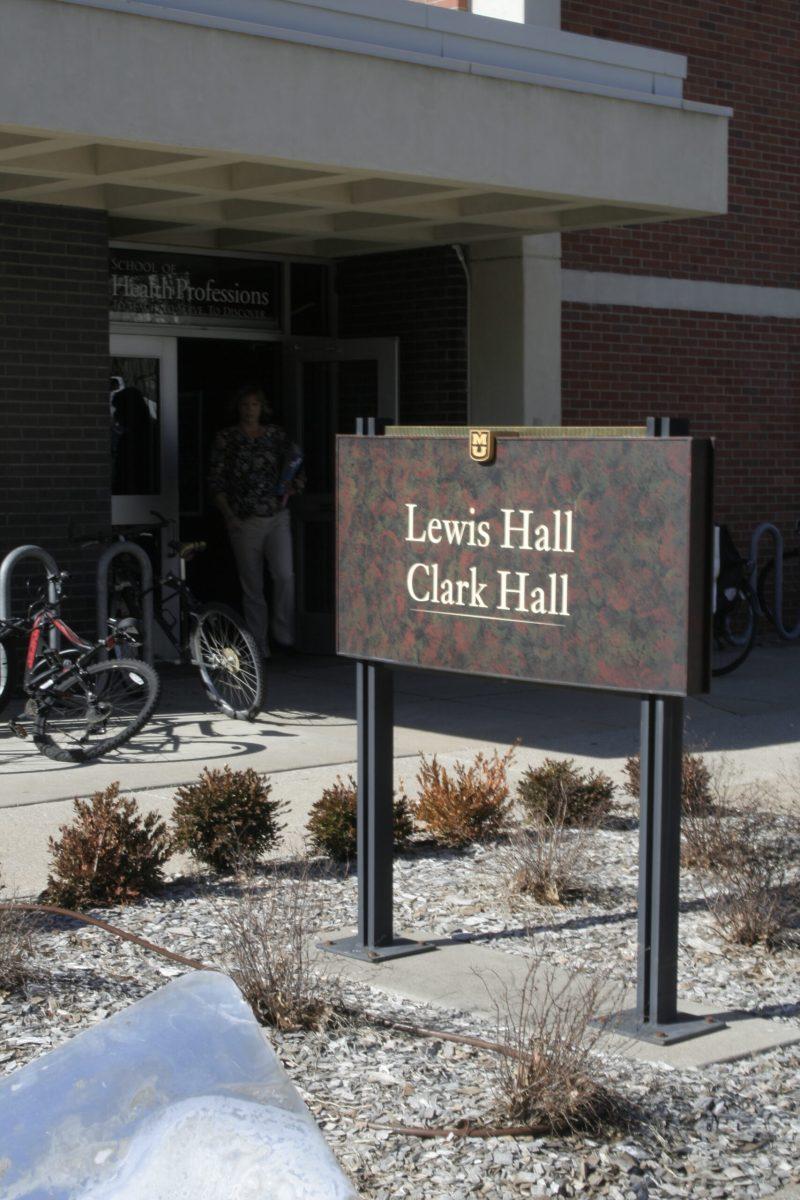
Criminal justice reform is being discussed across the country in Congress and at the kitchen table, and a new center at MU will bring people together to discuss and research issues relating to criminal and juvenile justice policies.
The Center on Criminal and Juvenile Justice Priorities seeks to give MU a place at the table in discussions of both national and local importance, center founders Kelli Canada and Clark Peters said. Both Canada and Peters are associate professors in the MU School of Social Work.
The interdisciplinary center will help connect students, faculty and community members who are interested in creating and distributing research and education for policymakers, practitioners and people who have had involvement with the judicial system or are at risk of becoming involved in it, Canada said.
The need for a criminal justice center was clear to Canada and Peters.
“The justice system consumes tremendous public resources and affects the lives of millions of people around the world,” Canada said. “In the U.S., each year about two million youth face arrest. More than two million adults reside in jails and prisons..”
In addition to those in prison, there are over 4.5 million people under supervision due to being on probation or parole.
Canada said that those affected by these high rates of incarceration are disproportionately racial and ethnic minorities.
Peters and Canada have many accomplishments and projects they are proud to be undertaking with the new center. The center has already helped create a criminal justice minor at MU within the school of social work. Further, CCJJP has received funding from the Robert Wood Johnson Foundation to conduct research on the physical and mental health of children and families who have been exposed to trauma.
Additionally, CCJJP plans to bring students and community leaders together to study both the local criminal justice system and any positive changes that could be made to it.
Canada and Peters had this in mind when they sought to create the center.
“We wanted to create CCJJP to be responsive to these needs and the changing justice environment,” Canada said. “The center’s primary focus is on interdisciplinary research projects at MU and in partnership with other universities.”
The goals go beyond interuniversity studies, however. CCJP will help train the next generation of criminal justice professionals to be well versed in mental health and the impacts of substance, trauma and childhood abuse, Canada said.
The expected audience for the center is broad as well.
“CCJJP aims to serve multiple audiences including students, professional social workers, people working with the criminal and juvenile justice fields, community members and state agencies,” Canada said.
Many students on MU’s campus feel passionately about criminal justice reform, including freshman Kaya Thomas.
“I definitely think that criminal justice reform should be a priority,” Thomas said. “It’s important to consider the unfair and inhumane sentences that some people are serving and we should also focus on how we can work to get rid of the racial disparities in the current system.”
As far as what comes next, Canada is optimistic that the program will grow beyond the new center and minor.
“It appears there is interest from students and prospective students for MU to move towards having a criminal justice major,” Canada said.
_Edited by Emily Wolf | [email protected]_